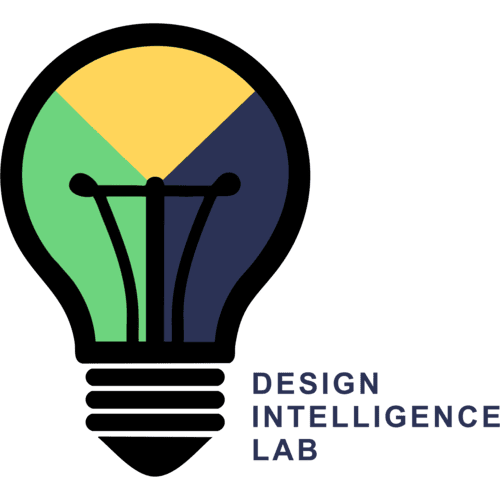Abstract
Massive Open Online Courses (MOOCs) once offered the promise of accessibility and affordability. However, MOOCs typically lack expert feedback and social interaction, and have low student engagement and retention. Thus, alternative programs for online education have emerged including an online graduate program in computer science at a major public university in USA. This program is considered a success with over 9000 students now enrolled in the program. We adopt the perspective of cognitive science to answer the question why do only some online educational courses succeed? We measure learner motivation and self-regulation in one course in the program, specifically a course on artificial intelligence (AI). Surveys of students indicate that students’ self-reported assessments of self-efficacy, cognitive strategy use, and intrinsic value of the course are not only fairly high, but also generally increase over the course of learning. This data suggests that the online AI course might be a success because the students have high self-efficacy and the class fosters self-regulated learning.
Why Are Some Online Educational Programs Successful?: A Cognitive Science Perspective
